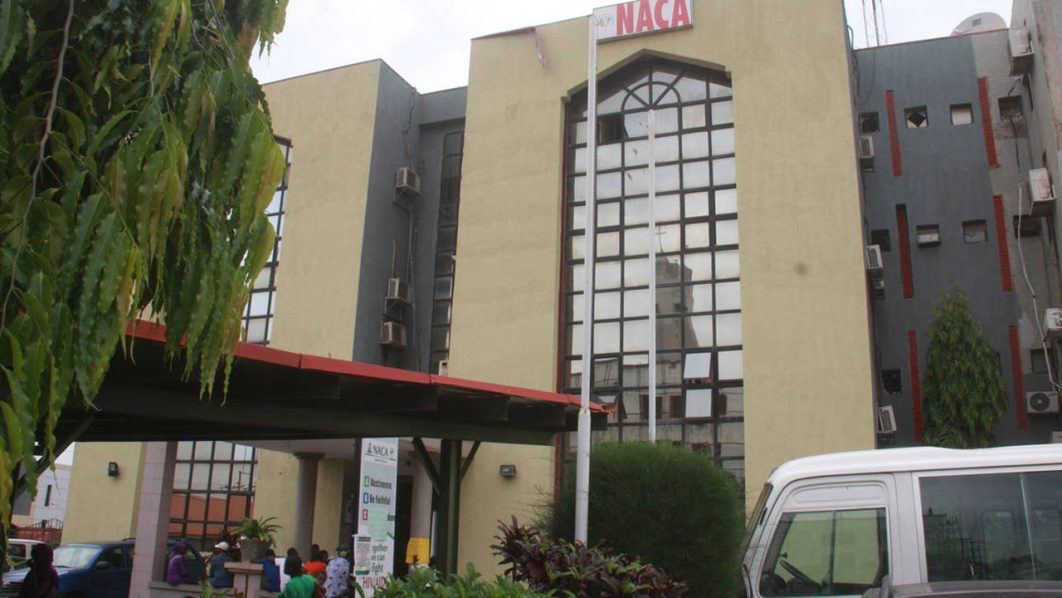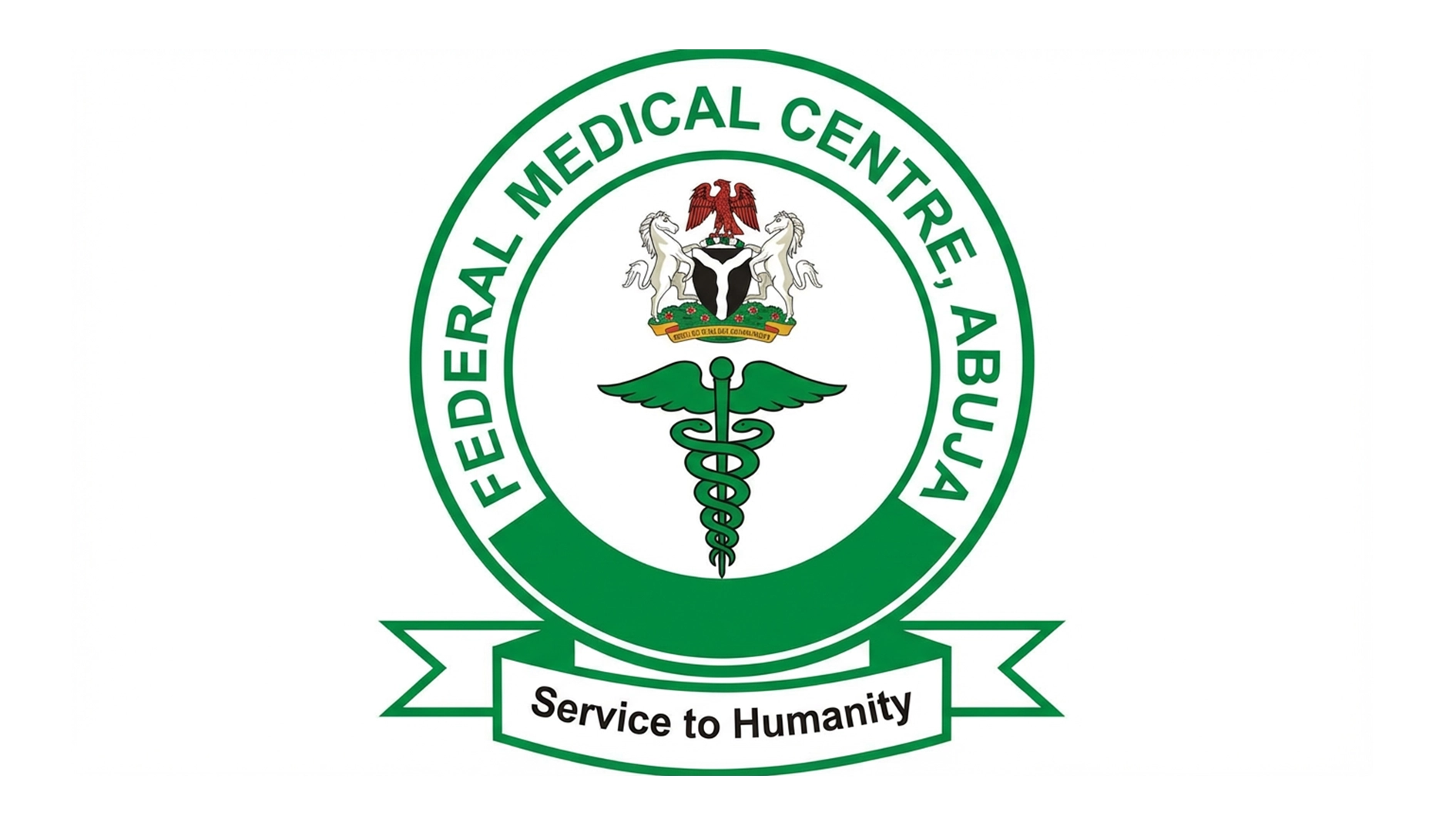
The National Agency for the Control of AIDS (NACA) has expressed its determination to scale up the prevention of mother-to-child transmission of HIV (PMTCT) services across the country.
The agency stressed the need to promote universal access to free antenatal care and abolish user fees for PMTCT services nationwide. NACA Director General, Dr Temitope Ilori, who disclosed this at a press conference heralding the 2024 World AIDS Day in Abuja, stated that the country is facing a significant challenge in preventing mother-to-child transmission of HIV.
She added that the HIV response is experiencing dwindling donor funding, gaps in service delivery, HIV-related stigma and discrimination, and rising needs in vulnerable populations, including internally displaced persons.
Ilori noted the UNAIDS 2023 report that shows approximately 160,000 children aged 0-14 are living with HIV, with 22,000 new infections and 15,000 AIDS-related deaths occurring each year. She observed that despite the country’s progress in HIV epidemic control, its PMTCT and paediatric HIV coverage remains below 33 per cent—well below the 95per cent target.
Ilori noted that Nigeria has an HIV prevalence of 1.4 per cent among the general population, 15-64 years with an estimated two million people living with HIV and N1.6 million currently receiving treatment
The NACA boss revealed the plan to expand health insurance schemes to include comprehensive HIV care for everyone. She observed that the agency is engaging with critical stakeholders in the HIV response in co-creating a sustainability roadmap, which intends to sustain gains within the HIV response and put government structures at the centre of programme implementation in the states.
According to her, the roadmap, among other things, will ensure that in the event of donor support withdrawal, the country is secured health-wise and socially as regards HIV and associated diseases.
She said, “Following comprehensive data analysis in 2021, we joined the international initiative and developed the Global Alliance Action Plan to End AIDS in Children. The plan is fully resourced, and yet coverage continues to fall short.
“To address this, the Minister of State for Health recently established a national-level acceleration committee; to track implementation and paid advocacy visits and inaugurated state committees, as well as engaged three governors to support the launch and resourcing of a similar committee at the state level and ensuring that no child is born HIV positive in Nigeria.”
Ilori noted that this year’s theme, “Take the Rights Path: Sustain HIV Response, Stop HIV among Children to End AIDS in Nigeria by 2030,” aligns with our national goals of inclusivity, solidarity, and sustained progress in the fight against HIV/AIDS.
She said, “World AIDS Day remains an opportunity to reflect on our journey, recognize the strides we have made, and reaffirm our commitment to ending AIDS as a public health threat by 2030.
“It also reminds us that despite advancements, challenges persist, especially among marginalised communities. This year, we are placing special emphasis on stopping AIDS among our children, as well as raising consciousness on sustainability and ownership of the HIV response”.
Ilori noted that NACA has recorded significant achievements in transforming Nigeria’s HIV response and initiated agreements to produce active pharmaceutical ingredients (API) for the African region, with a view to manufacturing antiretrovirals, test kits, and other HIV-related commodities locally.
Others include ensuring sustainability and health security and enhancing maternal and child health through the launch of the PMTCT and Pediatric ART Acceleration Committee, a critical step in eliminating mother-to-child transmission of HIV.
She highlighted some challenges being faced in the HIV response including dwindling donor funding, gaps in service delivery, HIV-related stigma and discrimination, and rising needs in vulnerable populations, including internally displaced persons among others.
The DG urged Nigerians to support the agency to break the stigma, embrace equity, drive collective action and stop HIV among children. “We must empower every individual, especially women who are most vulnerable to contracting HIV and other vulnerable populations, to access life-saving services and live with dignity,” she added.
Also speaking, UNAIDS Country Director in Nigeria, Dr Leo Zekeng, noted that 43 years after the discovery of the first AIDS case, AIDS is still an unfinished business. “But as we move towards ending AIDS by 2030, we will identify more people, who are not on treatment, which would mean reducing new infections. The current model is not sustainable. Sustainability for us would mean renewed political commitment.” Zekeng emphasised the need to encourage and promote local manufacturing of commodities and stop babies from being born with HIV and AIDS.






